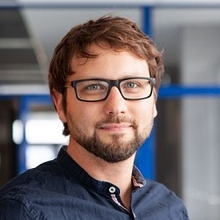AMERICAN & COMPARATIVE POLITICAL BEHAVIOR WORKSHOP
Abstract: The recent popularity of strongman rule in democratic societies raises questions about the origins of authoritarianism among ordinary citizens. Scholarly research often considers authoritarianism as a deeply held and stable orientation, shaped during formative years or experiences. We propose an alternative perspective, emphasizing how authoritarian orientations can be understood as social attitudes, molded by perceptions of what is adequate in a given social setting. We test this proposition in a pre-registered field and survey experiment in the Norwegian Armed Forces. Specifically, we randomly assign soldiers to different rooms and find that random assignment to room mates with higher levels of authoritarian orientations make soldiers more authoritarian. Survey-experimental evidence among recruits and a representative sample of Norwegians illuminates the pathway of attitude change, as learning about the authoritarian orientations of others not only changes perceptions about other’s level of authoritarianism but also attitudes itself. These findings show that authoritarian orientations have a social basis.
Alexander Wuttke is the Assistant Professor of Digitalization and Political Behavior at LMU Munich. His research explore challenges to liberal democracy from the perspective of ordinary citizens. He currently serves as JOP’s Special Editor for Registered Reports.
This workshop is open to the Yale community. To receive announcements and invitations to attend, please subscribe at https://csap.yale.edu/american-comparative-political-behavior-workshop.
The series is sponsored by the ISPS Center for the Study of American Politics and The Whitney and Betty MacMillan Center for International and Area Studies at Yale with support from the Edward J. and Dorothy Clarke Kempf Fund.
